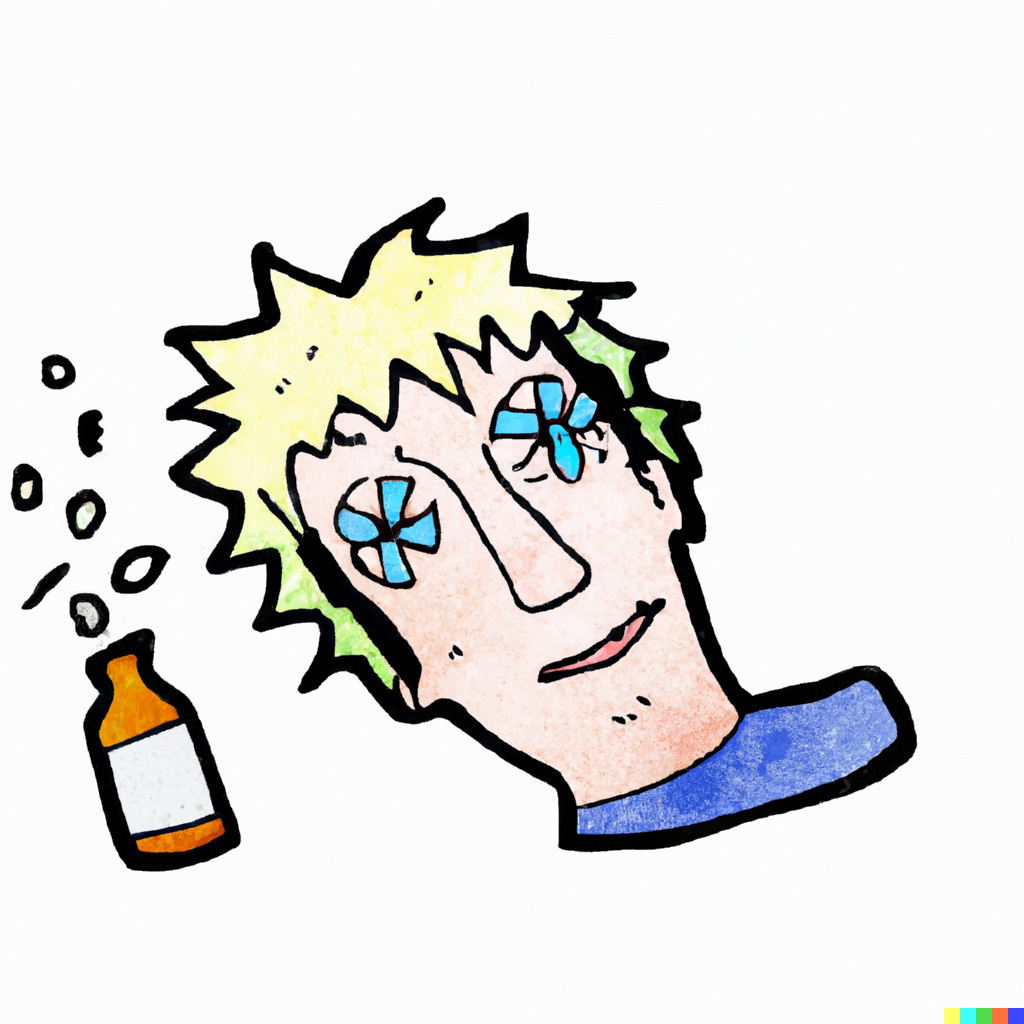For the last month, I’ve brewed my daily cup of coffee, and poured it straight down the sink.
Of course I am kidding, I wouldn’t be so wasteful.
But I have been drinking a cup of coffee (or two) every day for the last 10 years, so I thought it was about time for a break, just to experience what the sensation of not being on coffee was like.
It is easy to forget that caffeine is a drug, and the world’s most popular one — 90% of people take it on a daily basis. It’s also so widely accepted, that we give it to our kids in the form of chocolate and fizzy drinks.
If you look at an individual on what society calls drugs, you might see some obvious signs that they're using. But when everyone in the world is also taking the same drug, the behaviour becomes normalised, and it becomes difficult to tell what exactly its effects are.
Now, I must admit, I was not super strict with giving up caffeine — I still had the occasional cup of tea, and continued eating chocolate (I needed some enjoyment in life). But the point is, I quit my morning cup of coffee, which accounted for >90% of my daily caffeine intake.
How many of us would work the same jobs without caffeine?
I knew that quitting coffee was going to be hard for the first few days, which is why I started this experiment over the Christmas holidays.
Those first two weeks, whilst I was on holiday, were honestly pretty easy. When I returned to work, however, it became much harder to resist coffee. I found it more difficult to concentrate and had less motivation for getting my work done.
But it made me wonder, if I need caffeine to do something, do I really want to do it in the first place?
There’s value in not always being focused
Coffee gave me the motivation to accomplish my daily tasks, but it felt a bit like how a person taking meth will manically clean their house.
Without coffee, I have not been as focused, but this has allowed me to take a step back, and think more deeply about what I’m doing instead of rushing ahead to get things done.
My dreams were much more vivid
I usually sleep pretty well anyway, but I found I fell asleep quicker and had much more vivid dreams.
Whilst we don’t fully understand why we dream, it feels good to be experiencing them fully again.
It made intermittent fasting much harder
My routine for the last couple of years has been to fast in the mornings with only black coffee.
It was honestly a great combination — I’d get the energy boost of coffee on an empty stomach and also not have to spend time preparing breakfast.
I must admit, I do miss those magical mornings, but on the other hand, it’s nice to enjoy a croissant every now and then.
Will I go back to coffee?
It hasn’t been the easiest month giving up coffee, but it’s an experience that has allowed me to learn a lot about myself. Therefore, I would encourage everyone to give it a go at some point.
I do find it rather funny that we live in a society where giving up coffee for 1 month is even considered an achievement — does that not say something about our dependency on this drug?
As to whether I will drink another cup of coffee — I can’t promise that I will stay away forever. But what I can say, is I understand how it affects me a lot more now and that I do not need to drink it everyday.





